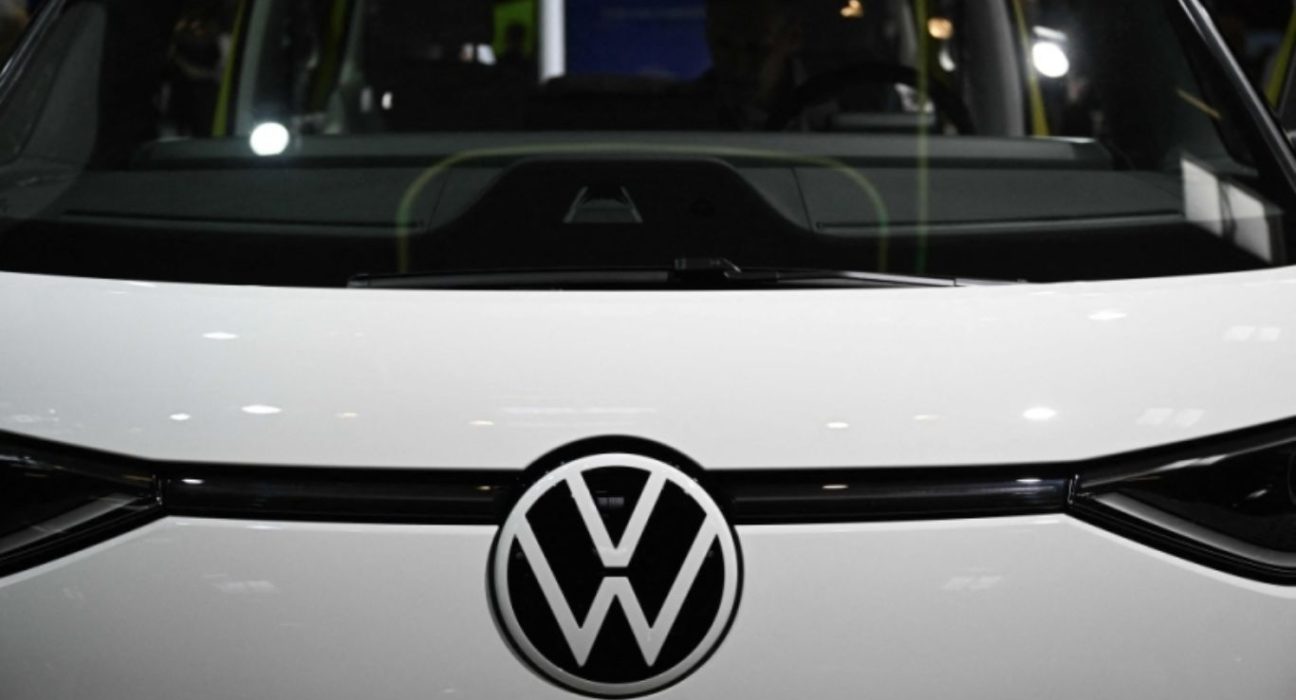Volkswagen’s Preparedness for Europe’s 2035 Fossil-Fuel Car Ban
In the wake of Europe’s ambitious plan to ban the sale of new fossil-fuel cars by 2035, Volkswagen (ETR:VOWG_p) is making significant strides towards a greener automotive future. CEO Oliver Blume shared the automaker’s readiness during the recent IAA mobility show in Munich. This article delves into Volkswagen’s commitment to electric vehicles (EVs) and how they plan to navigate the changing automotive landscape.
Embracing Electrification
As the global push for sustainability gains momentum, the automotive industry is experiencing a transformative shift towards electric vehicles. Volkswagen, one of the world’s leading car manufacturers, is at the forefront of this transition. The company’s CEO, Oliver Blume, made it clear that Volkswagen is fully prepared for Europe’s impending ban on new sales of fossil-fuel cars by 2035.
Volkswagen’s EV Lineup
To thrive in a fossil-fuel-free future, Volkswagen has been rapidly expanding its electric vehicle lineup. The automaker understands that innovation and adaptation are essential to meet the evolving needs of consumers and the environment alike. By investing heavily in EV technology and infrastructure, Volkswagen aims to provide consumers with eco-friendly alternatives that do not compromise on performance or style.
The Roadmap to 2035
Volkswagen’s strategic roadmap for the years leading up to the 2035 ban encompasses several key initiatives:
1. Diverse EV Models: Volkswagen is committed to offering a diverse range of electric vehicles, catering to various segments of the market. From compact electric cars to spacious SUVs, the company’s goal is to make EVs accessible to a broad spectrum of consumers.
2. Charging Infrastructure: Recognizing that a robust charging infrastructure is vital to the success of electric vehicles, Volkswagen is actively collaborating with partners to expand the charging network across Europe. This commitment ensures that EV owners have convenient access to charging stations, alleviating range anxiety concerns.
3. Sustainability: Beyond transitioning to EVs, Volkswagen is also prioritizing sustainability in its production processes. The company is working towards reducing its carbon footprint by using eco-friendly materials and sustainable manufacturing practices.
4. Innovation: Volkswagen is harnessing the power of innovation to create cutting-edge electric vehicles that set new industry standards. From advanced battery technology to autonomous driving features, the automaker is pushing the boundaries of what EVs can achieve.
CEO’s Assurance
During the IAA mobility show, CEO Oliver Blume expressed Volkswagen’s confidence in its ability to meet the 2035 combustion ban in Europe. He emphasized that the company’s commitment to electric mobility is unwavering and aligned with the broader sustainability goals of the continent.
Customer-Centric Approach
Volkswagen’s dedication to electric mobility extends beyond technology and infrastructure. The company is also adopting a customer-centric approach, ensuring that the transition to EVs is seamless and user-friendly. This includes providing extensive customer support and education on EV ownership, maintenance, and benefits.
Market Response
The market response to Volkswagen’s electric vehicles has been highly positive. With offerings like the ID.3 and ID.4, the company has seen growing demand for its EV lineup. Consumers are increasingly recognizing the advantages of electric mobility, including lower operating costs, reduced environmental impact, and a silent, smooth driving experience.
Global Impact
Volkswagen’s commitment to electric vehicles is not limited to Europe alone. The company’s global presence means that its efforts will have a far-reaching impact on the automotive industry and the environment worldwide. As other regions also consider stricter emissions regulations, Volkswagen’s expertise in EV technology positions it as a leader in the global transition to sustainable transportation.
Conclusion
As Europe prepares to phase out new sales of fossil-fuel cars by 2035, Volkswagen stands ready to embrace the electric future. CEO Oliver Blume’s assurance at the IAA mobility show underscores the company’s determination to lead the charge towards sustainability. With a diverse EV lineup, investment in charging infrastructure, a commitment to sustainability, and a customer-centric approach, Volkswagen is poised to shape the future of mobility while addressing environmental concerns. The journey to a fossil-fuel-free Europe is well underway, and Volkswagen is steering in the right direction.
In this changing automotive landscape, Volkswagen’s focus on electric mobility ensures that they remain at the forefront of innovation, meeting the evolving demands of consumers and the planet.










